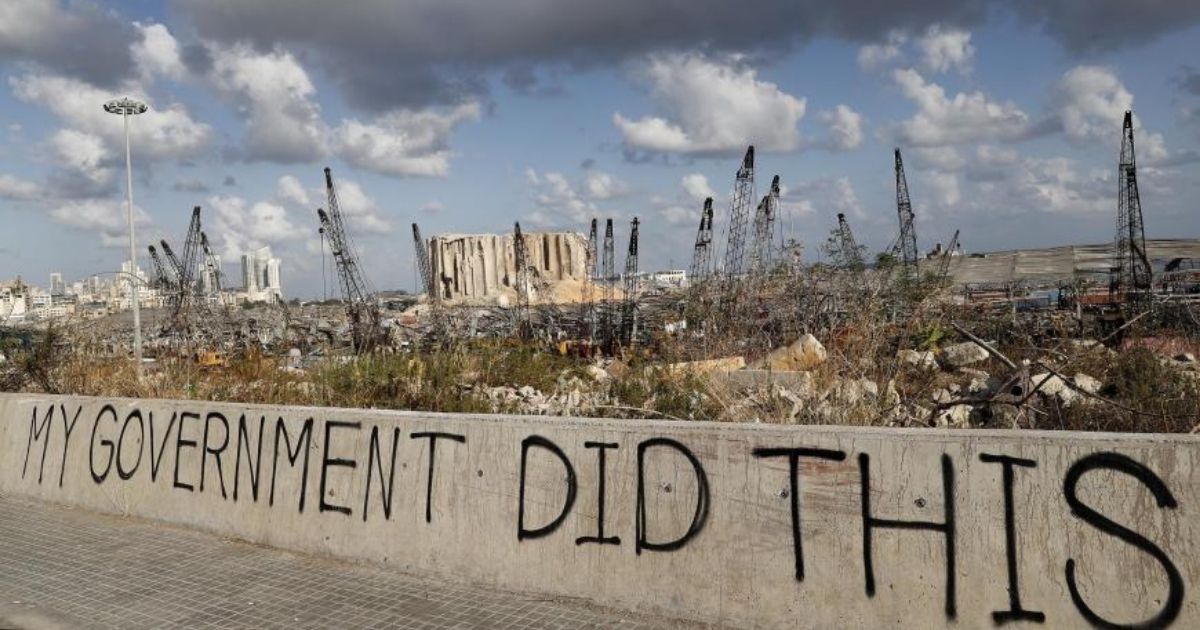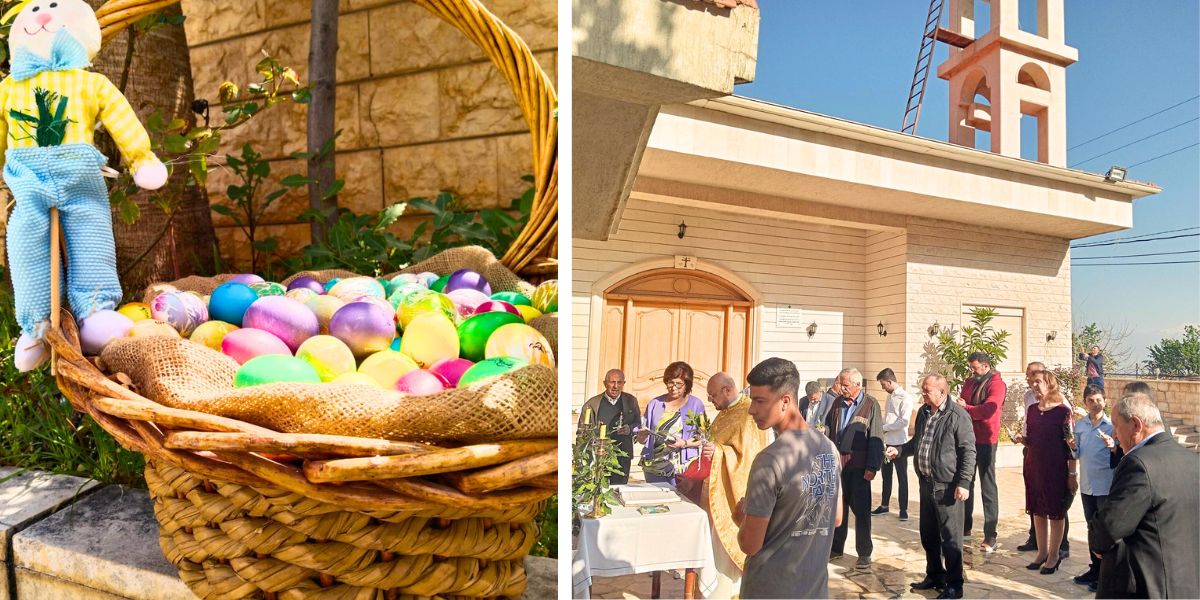Every 4th of the month since the doomsday of August 2020, the Lebanese people gather both online and offline to commemorate the tragic incident and remind the ruling body that they haven’t forgotten and they are still awaiting justice.
Like every month, Lebanese people start to post their traumatic stories about the incident as a way to cope with what happened.
However, this month’s commemoration is a little different.
Many are reflecting on the Beirut Blast to “refresh” people’s minds and awake their consciousness before the upcoming parliamentary elections, which will be held this weekend in the diaspora and on May 15th in Lebanon.
The parents of the victims are also taking part in this “event,” as many who lost their children try to find some semblance of solace by expressing their love for them.
The nation is still grieving and their frustration has long turned to anger at the stalling of justice and the series of attempts to obstruct the investigation by any means.
For the ruling body, among which most parties and members are running again in this election, it is as if the Beirut Blast and its massive tragedy did not happen. They have recently approved the demolition of the silos, triggering a wave of rejection and anger from the people who consider this decision an obstruction of the truth.
Controversially, an MP with an arrest warrant issued against him over the Beirut Blast is even running in this election. The official announcement of his candidacy was received by the people with dismay and shock and fueled anger.
In his electoral campaign, he promotes a reminder “We won’t forget the massacre of Qana” of 1996, disregarding the most recent massacre of the Beirut Blast in 2020.
Calls to vote out the officials running again in this election are now circulating on social media, including from the father of one of the youngest victims, Alexandra Naggear.
The deeply unjust killing of his little daughter has driven Paul Naggear’s determination to change the political status quo by running himself for the parliament in this coming election.
The Beirut Blast was the breaking point for the Lebanese who lived through the horrible destruction of their capital city and the losses of over 234 innocent people, including small children.
Up till now, the Blast is still taking the lives of wounded survivors. Last month, Rami Fawaz, aged 48, died after suffering from his injuries.
Weeks preceding his death, two other living victims gave up their fight for life: Julia Audi succumbed to her critical health condition, and Rita Antoun Hardini passed away after barely surviving in a state of coma. Both women died just 24 hours apart.
















